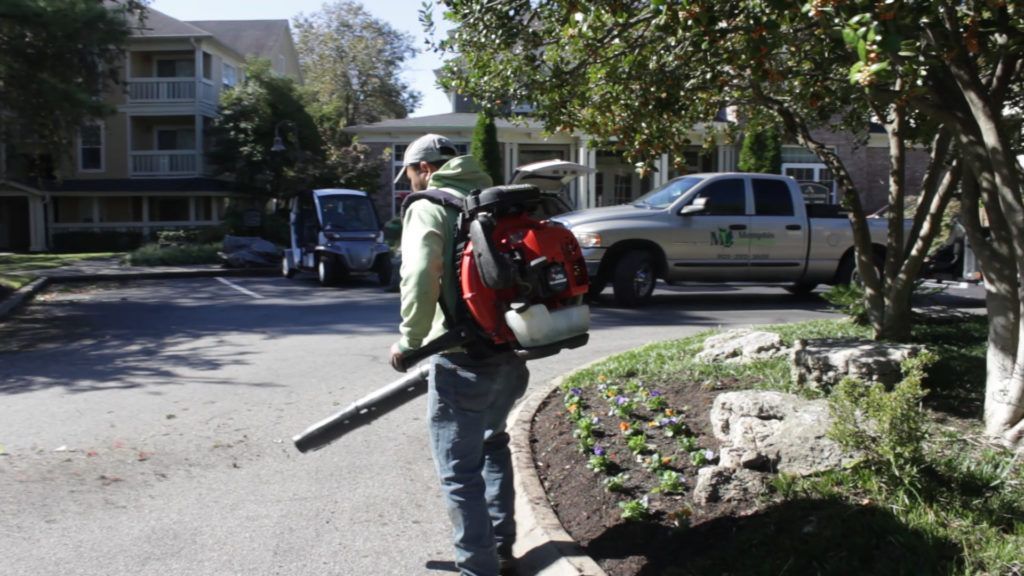(901) 343-6400
Why Skipping Backflow Testing Is So Dangerous
When selling a house in the Memphis area, you’ll be competing to be seen amidst the well-manicured lawns of swanky midtown neighborhoods. While this can certainly be intimidating for anyone selling a property, it’s important to note that landscaping is well worth the time and effort when considering your return on investment. One Virginia Tech study showed that a yard with a “sophisticated design”–in other words, great Memphis curb appeal–can increase the value of a home by up to 42%.

1. What is backflow?
What is backflow and how can it be dangerous? Simply put, backflow is the unwanted reversal of the flow of water. The flow goes back to its origins, rather than continuing to its intended destination. Backflow is dangerous because it can allow drinking water to become contaminated.
2. What is a backflow preventer?
Knowing the danger of backflow, it’s important to prevent this potential contamination. A backflow preventer is a mechanical plumbing device installed in a plumbing system that simply prevents water from flowing backwards. When installed correctly, regularly tested and maintained, a backflow preventer can reliably prevent contamination of water due to backflow.
3. What is backflow testing?
Backflow testing is simply testing a backflow preventer to verify its operation. A backflow preventer is a mechanical device, and, like all mechanical devices, will eventually fail. The test itself is very simple. Every testable backflow preventer has built-in test ports to allow for easy annual testing. All water downstream of the backflow preventer must be turned off in order to perform the test. A technician will then connect and run a test kit to the backflow preventer to verify its operation. Simple as that.
4. Why is backflow testing so important?
The presence of backflow might not be detected until it’s too late–until contaminated water has been consumed! This is why skipping backflow testing can be so dangerous. Most states and counties list backflow testing requirements in their plumbing codes, so it’s important to check on your local requirements. However, testing yearly is good practice to prevent backflow and possible contamination.
5. What is the backflow preventer failure rate?
Many elements impact the lifespan of a backflow preventer device, such as regularity of use, water pressure, water quality, and environment. When tested, about 5% of devices will display a problem, but most problems are simple. Simple problems can be due to cut seals, broken springs, or worn O-rings, whereas more serious problems, such as shattered poppets or cracked castings, are typically caused by exposure to freezing temperatures.
6. Do I have to be present for the test?
As long as the backflow preventer is outside, you do not have to be present for the test. Of course, if the preventer is inside, we’ll need someone to let us in!
To book an appointment for backflow testing with Memphis Landscape, call us at (901) 343-6400.
The post Why Skipping Backflow Testing Is So Dangerous appeared first on Memphis Landcape, LLC.










